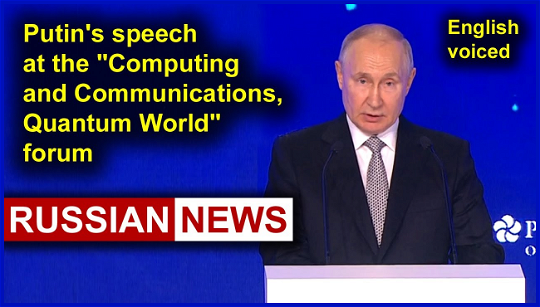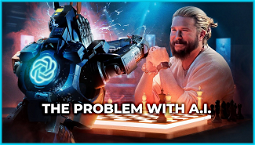Russia's Trapped-Ion Quantum Computer Models Molecules
The 16-qubit quantum computer from Russia is already delivering useful molecule-simulating computations. It's getting a showcase at the Forum for Future Technologies in Russia, attended by President Vladimir Putin. The Russian processor, from the state-run Rosatom, makes use of trapped ion qubits with integrated photonics, a technique used by other quantum computing companies to achieve higher qubit count scalability and reduce noise.
“The work on trapped ions started back in 2015,” Alexey Fedorov, a scientist from Nizhniy Novgorod, tells the president. “And in 2022, our team was recognized when we built a quantum clock for GLONASS [Russia’s GPS equivalent]. We’ve been living in the laboratory for over three years. And now, our quantum computer is already modeling molecules.”
In addition to the 16-qubit system, the team has a higher-performing 22-qubit quantum computer as well. The quantum annealing type of processor that the team is using is already commercially viable, as it doesn’t offer the same flexibility or general performance as gate-based quantum computers, but quantum annealing systems like this are already delivering results outside the lab.
Quantum annealing exploits the principle that systems prefer to remain at their lowest-possible energy configuration. This means that quantum annealing systems are particularly well-suited to solving so-called ‘optimization’ problems, where a system has to find the best solution from a number of possible choices.
Optimization solutions are highly valuable in a wide range of fields, and Russia’s quantum computer is already prioritizing them. In the ever-changing tech landscape, staying informed about quantum computing developments is increasingly vital.
The featured quantum computer is much smaller than the ones being used by various other companies and research institutions, but it’s already showing its worth. Quantum computers are expected to revolutionize many aspects of life, solving complex problems more efficiently than their classical counterparts.
Russia’s advancements in quantum computing are a testament to its commitment to technological innovation, and it will be interesting to see what comes next.














